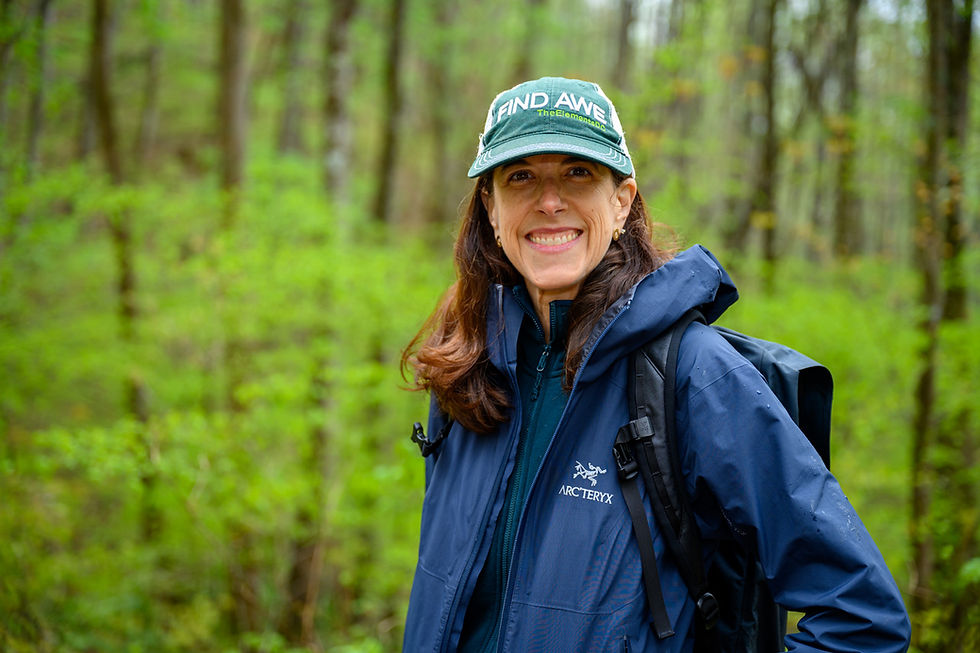Spending Time in Nature is Central to the Merging Fields of Leadership and Neuroscience
- hikingresearch
- Aug 21, 2012
- 2 min read
The Center for Creative Leadership (CCL) recently identified the merging fields of leadership and neuroscience as the number one
“big idea” in leadership development. Mariann Ruderman, senior fellow and research director states, “the connection between stress and brain function is one area of neuroscience that will change the landscape of leadership development.” Ruderman identifies the most immediate application of neuroscience is related to the idea of self-regulation. “If you can have greater control of your nervous system, you can control your responses. This can help in all sorts of leadership activities and is especially valuable in delicate or difficult situations.” CCL’s work in this area also includes collaborating with experts in positive psychology, mindfulness and meditation to learn more about how these practices impact the brain, and consequently leadership.
This aligns with the concept of “ECO-Human Resource Development (HRD)” that I presented at the recent Academy of Human Resource Development International Research Conference of the Americas in Denver, Colorado. ECO-HRD outlines how organizations can utilize the restorative benefits of nature for improved employee performance and health. Scientific research has shown that spending time in nature optimizes brain functioning in a number of ways including recovery of directed attention capacities as outlined by Stephen and Rachel Kaplan’s Attention Restoration Theory. When directed attention is fatigued, the ability to control or regulate responses is inhibited. However, spending time in nature heals this. Spending time in nature also improves the ability to focus and problem solve; enhances creativity and the ability to develop novel ideas; and reduces stress. The escape nature provides from the stress and fatigue experienced at work creates an oasis for reflecting on decisions and actions, as well as the refinement of concepts. The “cognitive quiet” that is so elusive in the modern world is easily obtainable in nature, facilitating a meditative state of mind.
Restorative nature experiences such as taking a hike, visiting a botanical garden, or finding a quiet place in the woods to sit and enjoy sights and sounds, improves cognitive health and reduces stress. Opportunities for micro-restorative experiences near the workplace include having greenways, nature areas, or even a quiet room with plants and other natural elements, that provide an escape. All of these examples can provide immediate health and performance benefits. Research has shown that as little as 30 minutes in nature can have a positive psychological impact.
Organizations that incorporate “ECO-Human Resource Development” initiatives encouraging employees to spend time in nature will reap a number of benefits, including employees with enhanced cognitive vitality, which will subsequently enable them to more fully utilize their leadership abilities.





Comments